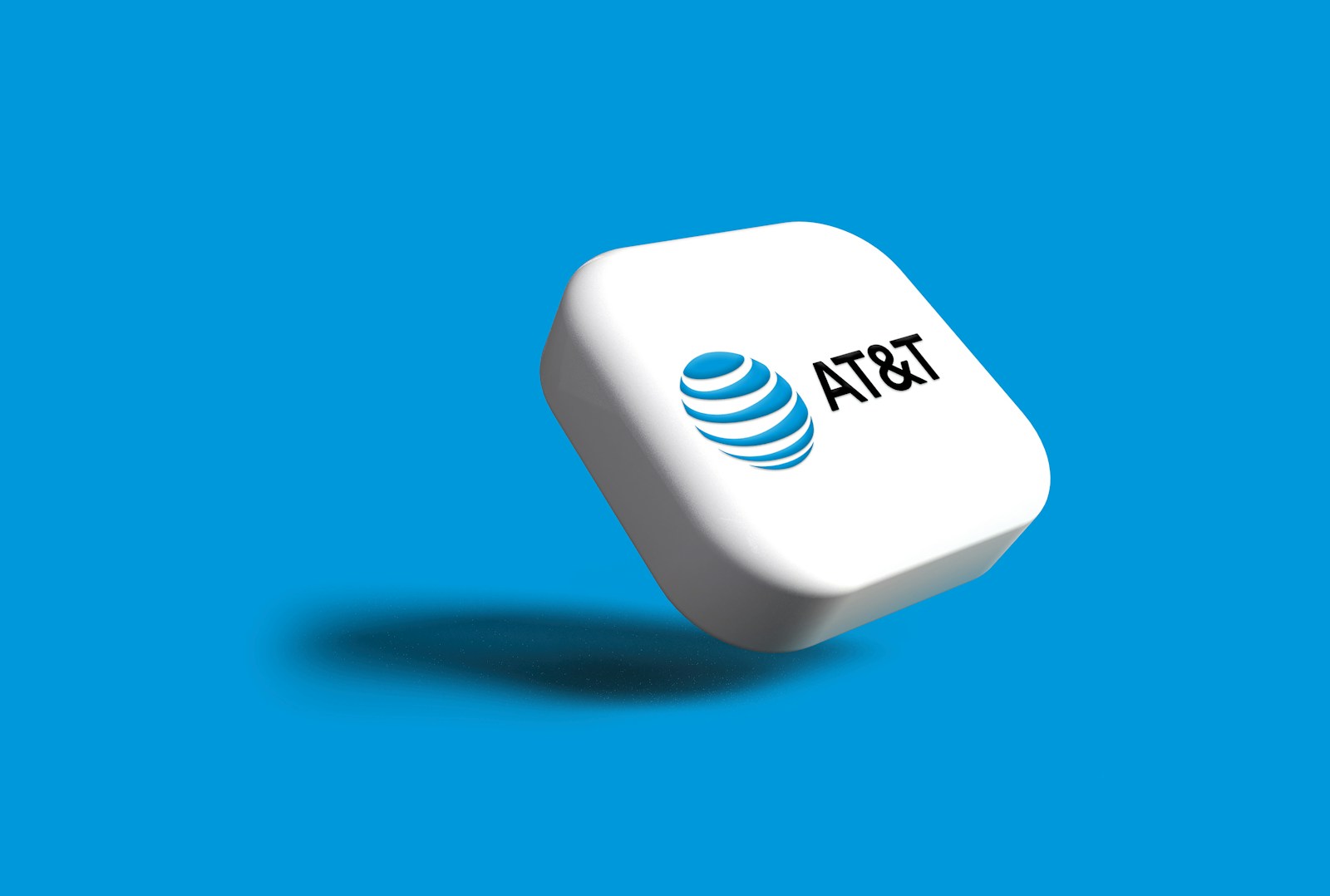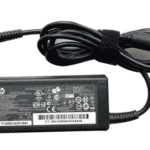AT&T is currently in exclusive talks to buy Lumen Technologies’ consumer fiber business in a deal valued at over $5.5 billion. The acquisition, if completed, would give AT&T access to an established fiber footprint in approximately 400 wire centers out of Lumen’s 1,700—an opportunity to rapidly expand its reach without starting from scratch. This move could help AT&T reach its long-term goal of bringing fiber to 50 million locations by 2029.
Lumen’s consumer fiber network delivers high-speed broadband to residential customers across various markets. By integrating that infrastructure into AT&T’s portfolio, the telecom giant would instantly boost its subscriber base and accelerate network growth in regions it hasn’t yet penetrated.
Lumen Shifts Its Focus to Enterprise and AI
Lumen is moving away from the consumer internet space and putting its resources into higher-margin enterprise services. The company has leaned into AI-enabled infrastructure and secured more than $8 billion in Private Connectivity Fabric (PCF) contracts since mid-2024. Selling off its consumer fiber business allows Lumen to raise capital and reduce debt, helping it compete in the more lucrative B2B and cloud networking sectors.
This strategic pivot is part of a broader trend among telecom companies that are segmenting their operations to focus on core strengths. For Lumen, that’s enterprise-grade networking, security, and AI applications.
Market Impact and Financial Reactions
News of the possible acquisition triggered a mixed market response. Lumen’s stock dropped by over 14% after the announcement, likely due to concerns about the company walking away from the consumer broadband market. AT&T’s stock, on the other hand, saw a small boost as investors saw potential growth and scale benefits.
Here’s a breakdown of the likely pros and cons for each side:
AT&T’s Position
| Pros | Cons |
|---|---|
| Rapid fiber network expansion | Integration challenges |
| New residential subscribers | High acquisition cost |
| Strengthens national coverage | Regulatory risk |
Lumen’s Position
| Pros | Cons |
|---|---|
| Reduces debt burden | Exit from residential market |
| Funds for enterprise expansion | Lost recurring consumer revenue |
| Focus on high-growth AI areas | Higher dependency on B2B performance |
Is This the Best Path for AT&T?
AT&T has said before that it doesn’t rely on mergers to hit its growth goals, but this deal might be too strategic to pass up. While expanding organically remains an option, acquiring Lumen’s fiber business could fast-track deployment and bring in an immediate customer base. The key challenge will be ensuring a smooth integration without disrupting service or customer satisfaction.
Lumen’s Path Forward
Selling the fiber unit may shrink Lumen’s footprint in the consumer space, but it frees up cash and focus for its enterprise ambitions. The real test will be whether its investments in AI infrastructure and PCF continue to deliver long-term revenue and margin improvements.
The Bigger Picture: Fiber’s Dominance in the Broadband Market
Fiber internet is quickly becoming the standard across the U.S., especially as more people stream, game, work remotely, and use connected devices. Compared to cable or DSL, fiber delivers faster speeds, better reliability, and future-proof scalability. This is why companies like AT&T, Google Fiber, Frontier, and even regional players are racing to lay fiber infrastructure.
For consumers, fiber means better upload and download speeds, fewer outages, and more competitive pricing as ISPs try to win market share. For telecom companies, fiber is no longer a luxury investment—it’s a necessity to stay competitive.
What Consumers Should Know About Fiber Internet Providers
If you’re shopping for high-speed internet and want to compare options, here’s a quick overview of how major fiber providers stack up:
| Provider | Max Speed (Mbps) | Monthly Price Range | Availability |
|---|---|---|---|
| AT&T Fiber | 5,000 | $55 – $180 | 25+ states |
| Google Fiber | 8,000 | $70 – $150 | Limited cities |
| Verizon Fios | 1,000 | $50 – $120 | Northeast U.S. |
| Frontier Fiber | 5,000 | $50 – $155 | Expanding regions |
When comparing providers, consider not just speeds and pricing, but also installation fees, equipment costs, and contract terms. Some providers offer no-contract plans, while others lock you in for 12–24 months. Reliability and customer service also vary widely.







